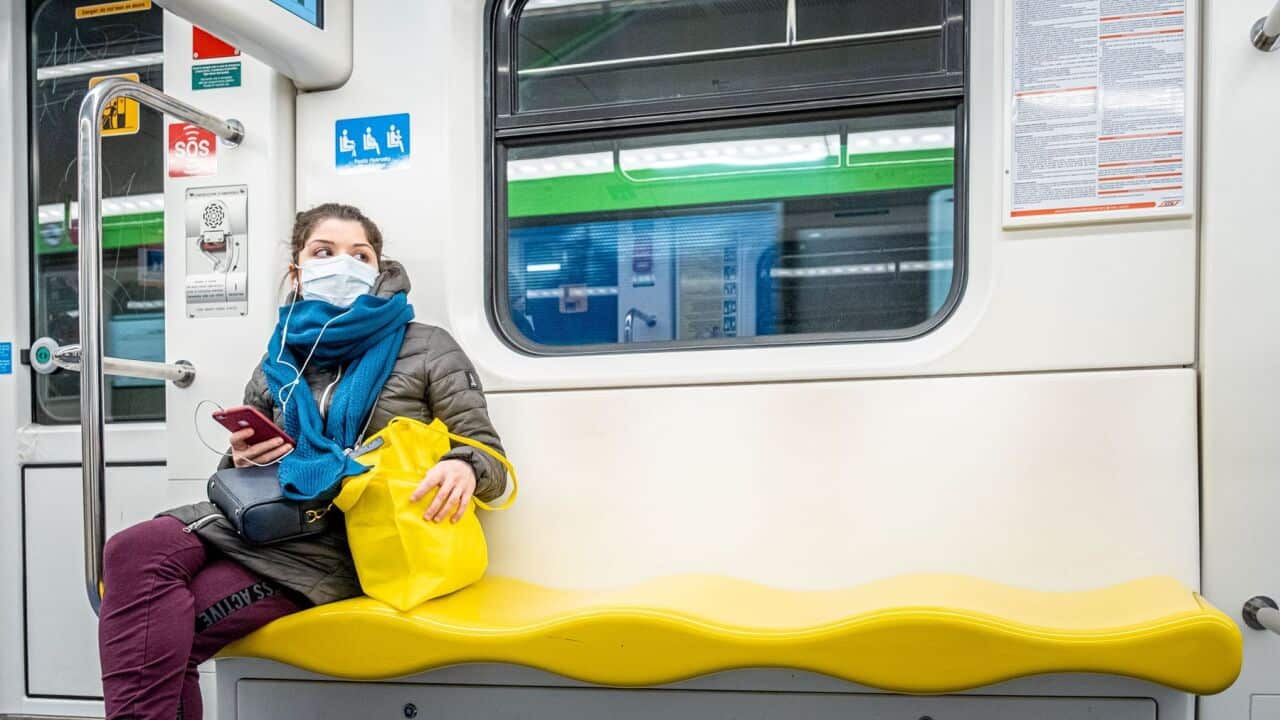Social distancing practically means avoiding crowded places and maintaining distance from other people especially when you are in public places.
According to NSW Health, this measure is in place to limit a person’s risk of exposure and generally reduce the potential of transmitting the virus to other people.
What you can do
For people travelling to work, including those who are taking public transport, or those who are doing non-essential activities outside the workplace, or attending school, university, and childcare, you should:
- attempt to keep a distance of 1.5 metres between yourself and others, whenever possible
- avoid huge crowds and mass gatherings or whenever it is difficult to keep the appropriate distance from others
- avoid small gatherings in enclosed spaces; limit or postpone family celebrations and intimate gathering among friends, if possible
- avoid shaking hands, hugging, or kissing other people
- avoid visiting people who are more vulnerable to catch the virus such as elderly people who are in aged care facilities or hospitals, pregnant women, infants, or people who have underlying health conditions
Should I avoid attending public events?
If you're planning to attend mass gatherings such as religious celebrations, music festivals or sporting matches, health officials are encouraging everyone to err on the side of caution and stay home if:
- you're feeling unwell
- you've visited or transited through a country considered at higher risk of COVID-19 in the past 14 days
What should I do if I have travelled overseas?
NSW Health urges those who have travelled overseas to another country in the past 14 days to self-monitor for symptoms and practice social distancing as much as possible. If you have become unwell or if your symptoms become severe, immediately isolate yourself and call your doctor.
Health authorities recommend that if you have developed a fever or respiratory symptoms, you should avoid going to work, or attending school/university/childcare, the gym or other public areas. Using the public transport, taxis, or ride-sharing services is also not recommended.
Only people who have recently travelled from overseas or have been in contact with a confirmed COVID-19 case and experienced symptoms within 14 days are advised to be tested.
If you believe you may have contracted the virus, call your doctor, don’t visit, or contact the national Coronavirus Health Information Hotline on 1800 020 080.
If you are struggling to breathe or experiencing a medical emergency, call 000.
Share
